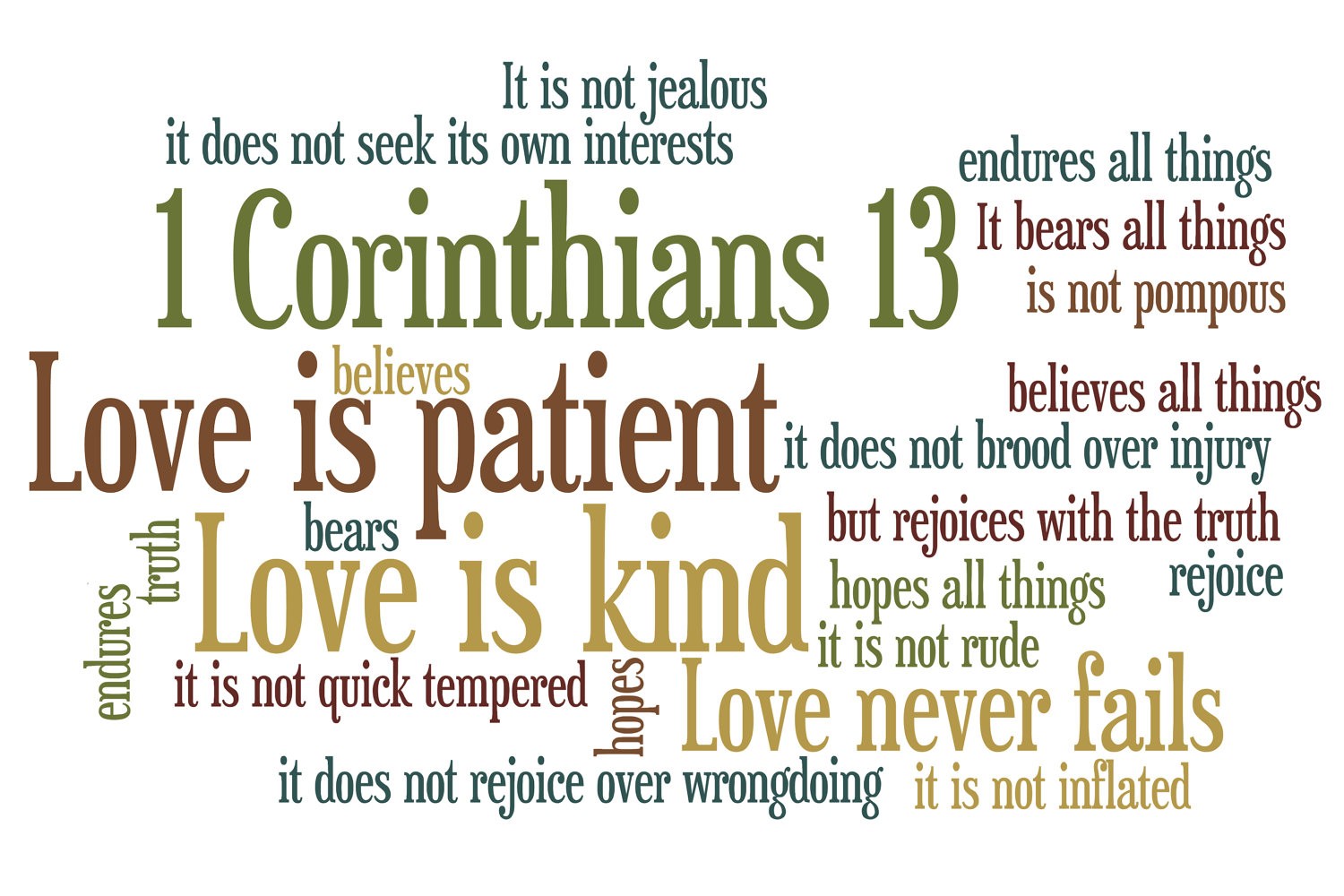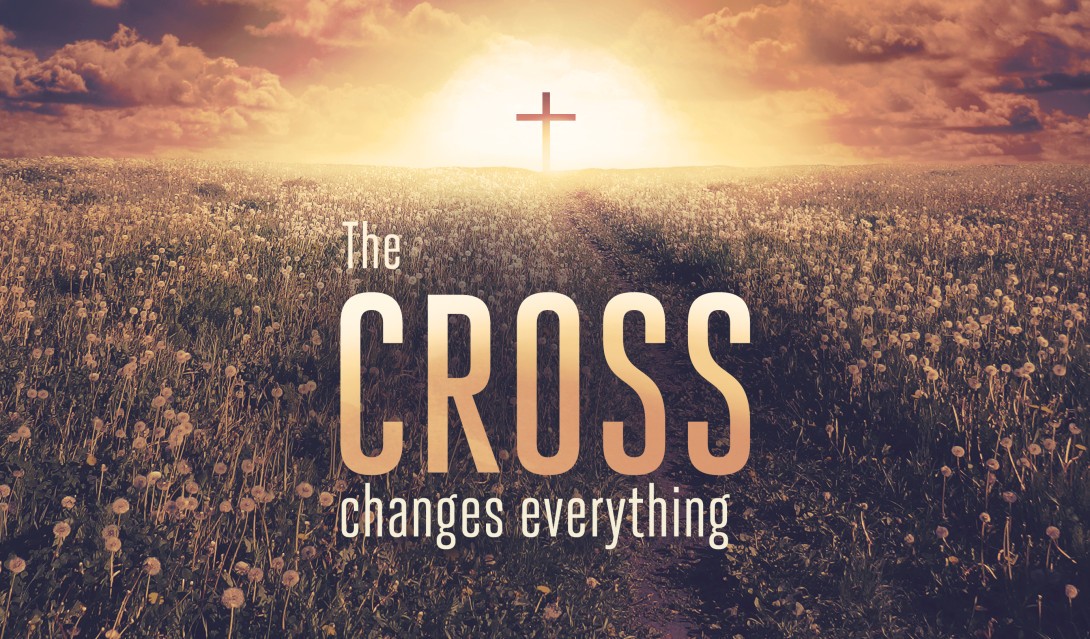The Lord’s Prayer
Sozo Short Bible Study, Category #1: Christian Life Basics
Matthew 6:8-15 – Understanding more about the meaning of each line of “The Lord’s Prayer”…
The Lord’s Prayer
By Pastor G. E. Newmyer
Let’s begin with Matthew 6:8 of “The Lord’s Prayer”:
“Be not ye therefore like unto them: for your Father knoweth what things ye have need of, before ye ask him.” Matthew 6:8 (KJV)
Does this mean we’re not supposed to ask? Of course not; it means that “God knows” and He has known since the foundation of the world. Thus, He is waiting to grant our need when we do ask.
Trusting God: This same concept applies in how we receive the Cross; the Cross has been around for nearly 2,000 years but becomes effective for us when we receive it. However, if we pray in front of those we know who have the wherewithal to meet our need (in an attempt to move them to meet our need), this would be “manipulation.” Trusting in God is the key; we trust in God by asking with thanksgiving, while praising Him for the result, regardless of the result.
God granted us Mercy, but it doesn’t mean that He then ran off to some distant corner in space. God desires to help us; He desires to see us reach the result, which is the saving of our souls. Paul said he was instructed to abound and be abased, to go hungry and to be full; the key then, is “instruction.”
Praying, then listening: Prayer is not a one way street or like a rude telephone call when we tell the other person all we want and then hang up before they talk. We must speak, but we must listen as well. Prayer doesn’t move God to where we’re at; it moves us to where God wants us.
“After this manner therefore pray ye: Our Father which art in heaven, Hallowed be thy name.” Matthew 6:9 (KJV)
Jesus didn’t say that “this is the way He prays”; rather He said this is the way you are to pray. This was also directed to those who stood at the Door, not to those who had made entry. However, it is a good outline and covers many areas of Mercy, as well as binding and loosing.
The direction of the prayer meant more to these people than to us, but in it we find many great things which apply to us specifically. This is to “obtain” the Kingdom, but it also points to “maintaining it.”
The area is narrowed down to forgiveness and receiving the Kingdom, yet Luke 17:20-21 says the Kingdom is within.
“And when he was demanded of the Pharisees, when the kingdom of God should come, he answered them and said, The kingdom of God cometh not with observation: Neither shall they say, Lo here! or, lo there! for, behold, the kingdom of God is within you.” Luke 17:20-21 (KJV)
Ahh, these people didn’t have the Spirit; and John’s account shows that the Spirit was not given until Jesus was glorified (Jn 7:39).
“(But this spake he of the Spirit, which they that believe on him should receive: for the Holy Ghost was not yet given; because that Jesus was not yet glorified.)” Jn 7:39 (KJV)
Thus, this prayer shows how one seeks forgiveness of sins from the Father.
Location is the first venue, Our Father which art in heaven: “The Report” is in heaven and we need the Witness on earth to complete the Report. Next is the “Name” which points to the authority of the Father, which is Mercy based. (See 1 John 5)
“For there are three that bear record in heaven, the Father, the Word, and the Holy Ghost: and these three are one. And there are three that bear witness in earth, the Spirit, and the water, and the blood: and these three agree in one.” 1 John 5:7-8 (KJV)
“Thy kingdom come, Thy will be done in earth, as it is in heaven.” Matthew 6:10 (KJV)
Now we have a problem; in the Book of Hebrews the Father tells the Son, “But unto the Son he saith, Thy throne, O God, is for ever and ever: a sceptre of righteousness is the sceptre of thy kingdom.” (Heb 1:8). Here Jesus is telling these people to pray to the Father for the Father’s Kingdom to come, so what gives? Ahh, the kingdom of heaven is the place of Mercy, but, the Kingdom of God is the place where the Spirit of Grace resides in the person.
God’s will is in heaven; thus we can bind His will for us by binding people to our unforgiveness, or we can loose the Father’s Mercy by forgiving others. Therefore, first must come the kingdom of heaven so the Will of the Father can be accomplished.
“Give us this day our daily bread.” Matthew 6:11 (KJV)
Okay, hold it; man does not live by bread alone, but man does need bread. The daily bread, or provision, is predicated on this prayer, yet it also shows God’s mercy. Since we are the Bread, this could show how Jesus gave us the Body (I Cor 10:16), we are renewed daily in the Body by forgiving as we are forgiven.
“The cup of blessing which we bless, is it not the communion of the blood of Christ? The bread which we break, is it not the communion of the body of Christ?” 1 Cor 10:16 (KJV)
“And forgive us our debts, as we forgive our debtors.” Matthew 6:12 (KJV)
Debts are anything owed, but the premise is “as we forgive others.” Therefore, if we fail to forgive, we can’t be forgiven, which most of us know; but there is another step here. Not only do we forgive going in, but we must continue to forgive. This is the same context as John 20:21-23, in order for the Kingdom “to Come,” there had to be a Preparation, one of Faith coupled to an action.
“Then said Jesus to them again, Peace be unto you: as my Father hath sent me, even so send I you. And when he had said this, he breathed on them, and saith unto them, Receive ye the Holy Ghost: Whose soever sins ye remit, they are remitted unto them; and whose soever sins ye retain, they are retained.” John 20:21-23 (KJV)
On the Day of Pentecost no one had been filled with the Holy Ghost to receive the Gift of the Spirit. Yet the people “prayed forgiving in order to be forgiven,” so they could receive the Power from on high. Their belief was based in what Jesus had said; then, their faith in what was to happen came as a result of obeying what Jesus said.
We are Debtors, not to the Law of Moses which also had debts, but to the Law of the Spirit. None of us have enough money or good works to obtain Grace; but once we obtain it, we then have the responsibility to “do Grace by Grace.”
The Prayer as a Vow: We have two different Greek words here; in the T.R. it reads “forgive us the debts of us, as also we forgive the debtors of us.” The first word for Debts is the Greek word, “Opheilema” meaning “What is owed which is strictly due.” (Rom 4:4).
“Now to him that worketh is the reward not reckoned of grace, but of debt.” Romans 4:4 (KJV)
It also refers to a “Trespass or Offense.” The second word “Debtors” is the Greek word, “Opheiletes” meaning “To owe.” It includes Favors and money with a meaning of someone bound to a duty. It’s here where we find that this prayer is a Vow. If one enters the kingdom, then, they have made this Vow by the mere fact they have gained entrance. We made entry by asking God to forgive us, but the proviso was for us to forgive others.
This is releasing or loosing anyone who is bound to us by some sin or wrong they have done to us. It means we don’t go about demanding forgiveness from others, it’s not owed. We are not told to seek validation or justice. When we stand praying, we forgive; and it may take a considerable amount of time for the fullness of Mercy to come forth, but faith says it will (Mark 11:22-26).
“And Jesus answering saith unto them, Have faith in God. For verily I say unto you, That whosoever shall say unto this mountain, Be thou removed, and be thou cast into the sea; and shall not doubt in his heart, but shall believe that those things which he saith shall come to pass; he shall have whatsoever he saith. Therefore I say unto you, What things soever ye desire, when ye pray, believe that ye receive them, and ye shall have them. And when ye stand praying, forgive, if ye have ought against any: that your Father also which is in heaven may forgive you your trespasses. But if ye do not forgive, neither will your Father which is in heaven forgive your trespasses.” Mark 11:22-26 (KJV)
“And lead us not into temptation, but deliver us from evil: For thine is the kingdom, and the power, and the glory, for ever. Amen.” Matthew 6:13 (KJV)
The prior statements dictate this area and include: Respect for the Name of God, obtaining the kingdom, denial of our will, asking for the Bread of Life, and forgiving others. It’s not merely about using the “right name” of God, but respecting what it stands for. Here it relates to Mercy, and the evil we are asking to be delivered from is the darkness. The kingdom of heaven has Power and the Greek word for Power is Dunamis; thus there is Dunamis in Mercy. For God to lead us into temptation would be for Him to leave us in the world. For in the world you will have temptation, but Jesus has overcome the world. Preparation for the Gospel includes these areas, we ask, we receive, we do.
“These things I have spoken unto you, that in me ye might have peace. In the world ye shall have tribulation: but be of good cheer; I have overcome the world.” John 16:33 (KJV)
This entire Prayer is useless if we don’t forgive, thus forgiveness is the key to Mercy, connecting this prayer to the prior teachings of Mercy. This prayer shows us that the Will of the Father is “to forgive as God for Christ’s sake has forgiven us.”
“And be ye kind one to another, tenderhearted, forgiving one another, even as God for Christ’s sake hath forgiven you.” Ephesians 4:32 (KJV)
“Forbearing one another, and forgiving one another, if any man have a quarrel against any: even as Christ forgave you, so also do ye.” Colossians 3:13 (KJV)
Points of the Covenant: This is still Covenant talk: we “do,” then “God does”; “God does” and “we do.” This is not a mind game, but something based in faith. Mark tells us to say to the mountain “Go!” And then have faith in God to remove it. It’s the same premise as imputing forgiveness on the unforgivable, knowing God’s Mercy will come and grant us the Power to forgive.
“For if ye forgive men their trespasses, your heavenly Father will also forgive you: But if ye forgive not men their trespasses, neither will your Father forgive your trespasses.” Matthew 6:14-15 (KJV)
Is this Grace? Hardly; this calls for an effort on our part first and then Grace is a Gift which can’t be earned. This verse refers to Mercy, showing that Mercy is the glue keeping us on the path of Grace. This element “of forgive to be forgiven” is seen throughout the Gospel; and it’s the very foundation to gaining entry into the kingdom. We cannot reject this area and presume we’re saved; even if we have the Spirit we must maintain Mercy.
Note: The use of SOZO Bible Study Lessons, Newsletters, or Short Studies as written by Pastor G. Evan Newmyer prior to his passing from this world has been given to Ann M. Wolf by written permission from the author. This limited permission is given under clear agreement to share the material with others as the Spirit leads, for the purpose of “edification and encouragement,” on a free will offering basis (plus expenses) and while honoring the biblical principal to “teach the truth in love.” We ask then, that the desires of the original scribe (Rev. Newmyer) be honored and done so with respect to the copyright laws of the land and states. All rights are reserved. Read More.
Learn about lending a hand to MOTL Library: Read More.
King James Version (KJV): For a greater understanding of these commentaries, please use the Authorized Version of the King James Bible for confirming the Scripture passages mentioned. Please see the article, “Why KJV” by Ann M. Wolf for information regarding why we use KJV.
Thank you for visiting our Sozo Short Bible Studies area.






